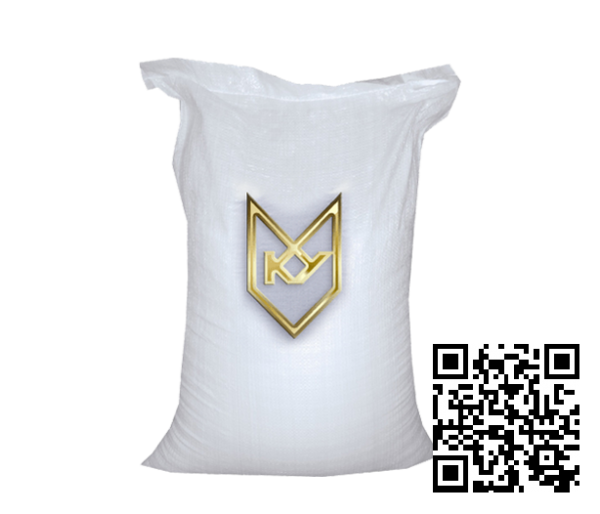The composition of bentonite clay produced at our enterprise.
This clay contains about 70% of the mineral component, which belongs to the class of smectite minerals. These are montmorillonite, nontronite, beidellite, hydromica, kaolinite, carbonate, quartz, as well as some other components.
This material has a layered structure and moisture, getting into it, allows the material to swell several times.
In addition to the above components, it has bentonite and other minerals in the composition: sodium, magnesium, calcium, iron oxide, as well as some others. At the same time, it is indicated that the properties of the entire mixture will depend on the amount of one or another component.
So, a suspension with a large amount of sodium will have the highest swelling rate, but calcium bentonite will be significantly inferior to it according to these indicators.
Clay bentonite also has the following properties:
Sedimentation 0%;
Density up to 1.048 cm3 per gram;
Viscosity up to 25 sec;
Volumetric weight up to 0.9 g/cm3.










